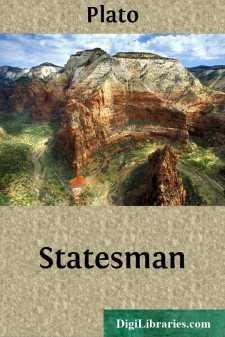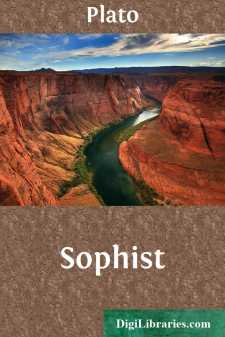Categories
- Antiques & Collectibles 13
- Architecture 36
- Art 48
- Bibles 22
- Biography & Autobiography 813
- Body, Mind & Spirit 142
- Business & Economics 28
- Children's Books 12
- Children's Fiction 9
- Computers 4
- Cooking 94
- Crafts & Hobbies 4
- Drama 346
- Education 46
- Family & Relationships 57
- Fiction 11828
- Games 19
- Gardening 17
- Health & Fitness 34
- History 1377
- House & Home 1
- Humor 147
- Juvenile Fiction 1873
- Juvenile Nonfiction 202
- Language Arts & Disciplines 88
- Law 16
- Literary Collections 686
- Literary Criticism 179
- Mathematics 13
- Medical 41
- Music 40
- Nature 179
- Non-Classifiable 1768
- Performing Arts 7
- Periodicals 1453
- Philosophy 64
- Photography 2
- Poetry 896
- Political Science 203
- Psychology 42
- Reference 154
- Religion 513
- Science 126
- Self-Help 84
- Social Science 81
- Sports & Recreation 34
- Study Aids 3
- Technology & Engineering 59
- Transportation 23
- Travel 463
- True Crime 29
Plato
Plato was an ancient Greek philosopher, born around 427 BCE in Athens, and a student of Socrates. He founded the Academy, one of the earliest institutions of higher learning in the Western world. Plato is best known for his philosophical dialogues, such as "The Republic," where he explores justice, politics, and the nature of reality, and "The Symposium," which discusses love and beauty. His works, often featuring Socratic discussions, laid the foundation for much of Western philosophy and thought.
Author's Books:
Sort by:
by:
Plato
INTRODUCTION AND ANALYSIS. In the Phaedrus, the Republic, the Philebus, the Parmenides, and the Sophist, we may observe the tendency of Plato to combine two or more subjects or different aspects of the same subject in a single dialogue. In the Sophist and Statesman especially we note that the discussion is partly regarded as an illustration of method, and that analogies are brought from afar which...
more...
by:
Plato
INTRODUCTION AND ANALYSIS. The dramatic power of the dialogues of Plato appears to diminish as the metaphysical interest of them increases (compare Introd. to the Philebus). There are no descriptions of time, place or persons, in the Sophist and Statesman, but we are plunged at once into philosophical discussions; the poetical charm has disappeared, and those who have no taste for abstruse metaphysics...
more...



